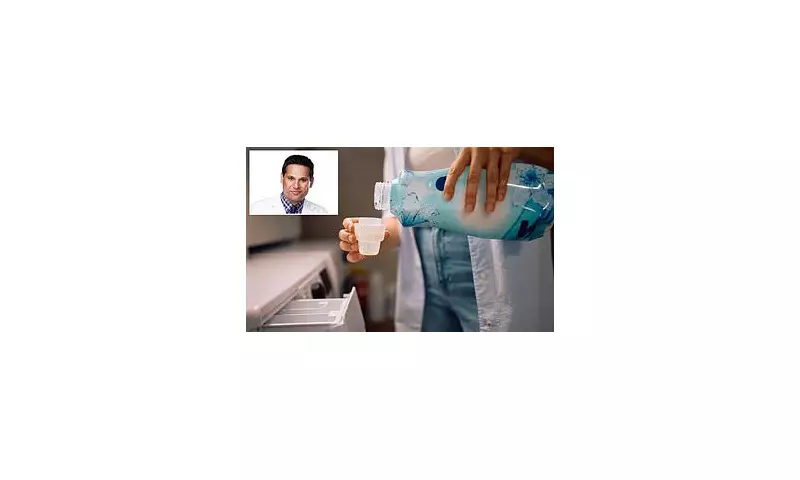
A prominent American physician has issued a serious health alert concerning one of the most familiar and comforting household smells: the scent of freshly laundered clothes. Dr Partha Nandi, a gastroenterologist, professor of medicine, and host of an Emmy award-winning programme, states that this aroma is far from harmless.
The Hidden Dangers in Your Laundry
According to Dr Nandi, the fragrance left by many popular fabric softeners is not simply a pleasant perfume. It is a complex mixture of toxic chemicals that can contaminate the air inside your home and pose a potential threat to your wellbeing. He explains that these products frequently release volatile organic compounds, or VOCs. These are gases emitted from various liquids and household items that can cause lung irritation, trigger headaches, and build up in indoor environments.
'Every time you breathe in that laundry smell, you could be exposing yourself to chemicals linked to respiratory issues, headaches, and even long-term health risks,' the Michigan-based doctor cautioned. He highlighted that specific VOCs found in some fabric softeners include acetaldehyde and benzene. These compounds are known to irritate the respiratory system and, in certain cases, can contribute to an increased cancer risk.
Health Impacts and Environmental Consequences
The health implications of prolonged exposure to these VOCs are significant. Dr Nandi warned that they may lead to respiratory problems, neurological effects, and long-term risks, including exposure to known carcinogens. The chemicals absorbed into clothing can cause irritation both through inhalation and direct skin contact.
'Breathing in VOCs can irritate the respiratory system, causing coughing, wheezing, and shortness of breath,' he said. Exposure is also known to cause dizziness, headaches, and migraines. Contact can lead to skin rashes and irritation. For individuals with pre-existing conditions like asthma, eczema, or fragrance sensitivities, the effects can be both immediate and severe.
Furthermore, the problem isn't confined to your home. Many fabric softeners release VOCs through dryer vents, meaning the chemicals contribute to outdoor air pollution and smog. Dr Nandi also noted that these products contribute to environmental pollution, with chemicals entering waterways and single-use packaging adding to landfill waste.
Safer, Natural Alternatives for Your Home
The good news is that you don't have to give up soft, fresh-smelling laundry. Dr Nandi recommends several effective and low-cost alternatives to conventional fabric softeners.
'Distilled white vinegar is an excellent fabric softener,' he advised. He also suggested using wool dryer balls to reduce static and drying time, and baking soda to soften clothes and neutralise odours. Soaking homemade dryer sheets in a natural solution is another great option. Perhaps the healthiest method of all is to air-dry your laundry, which eliminates the need for any softeners altogether.
Dr Nandi urged households, especially those with children, pets, or people with chronic health conditions, to be proactive. This includes ventilating your home, choosing natural products, and educating yourself about toxic ingredients. He also advises regularly replacing home air filters, wearing gloves when handling harsh chemicals, and reducing clutter that can trap dust and pollutants. Making even one simple switch in your laundry routine can contribute to a safer, healthier living environment.






